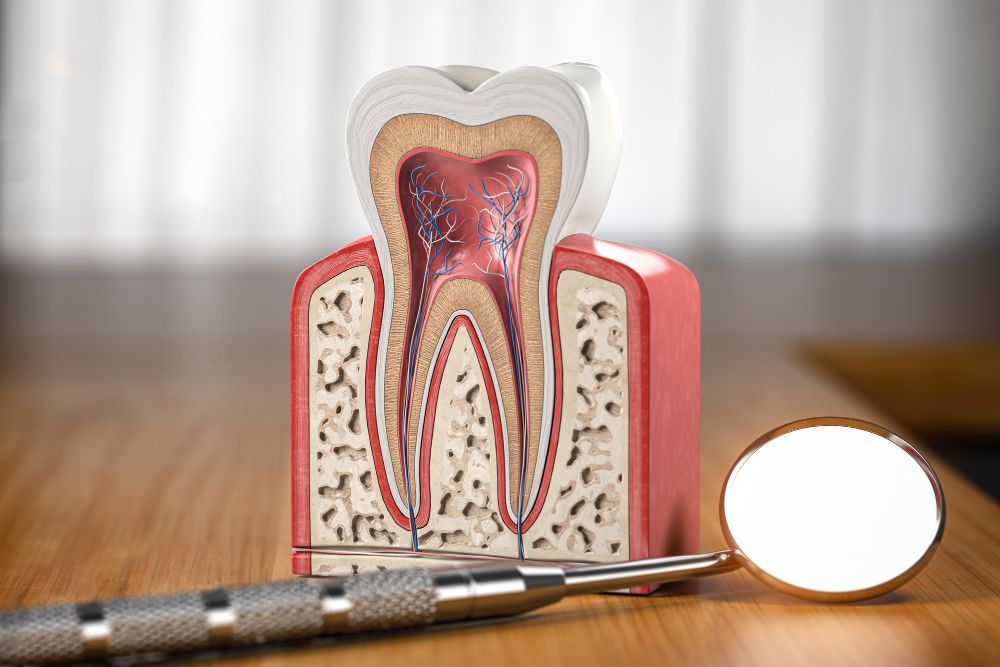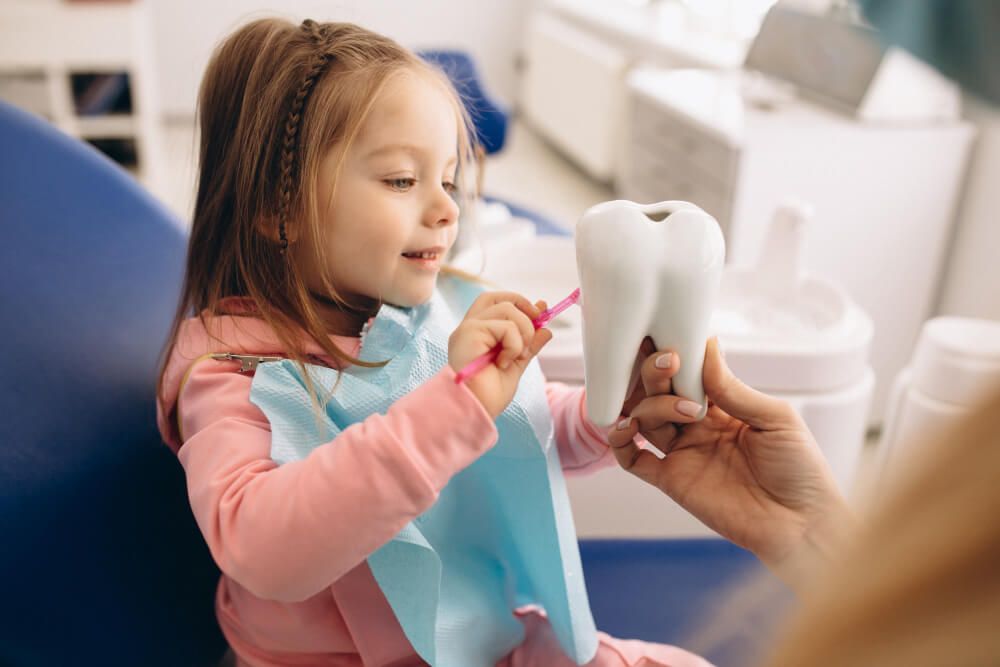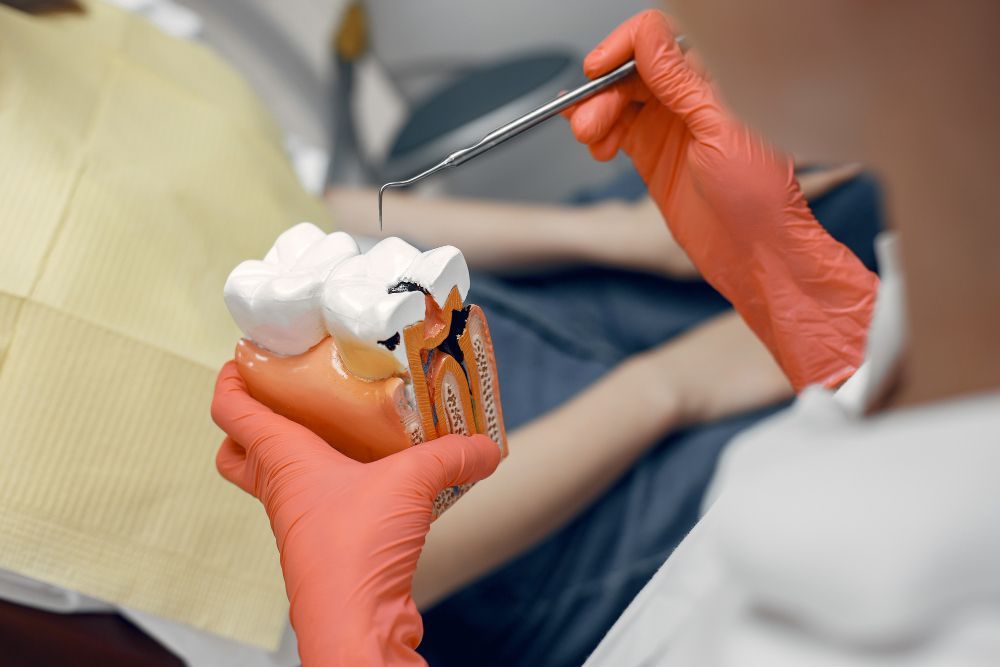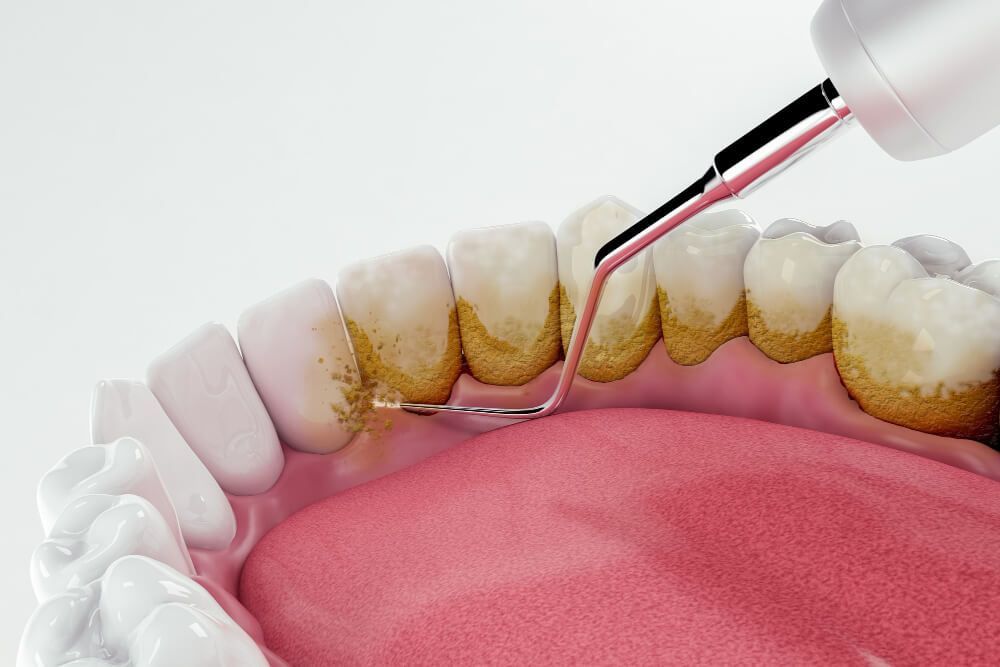Diabetes and Dental Health
Diabetes and Dental Health: How does affect it and how to take proper care?
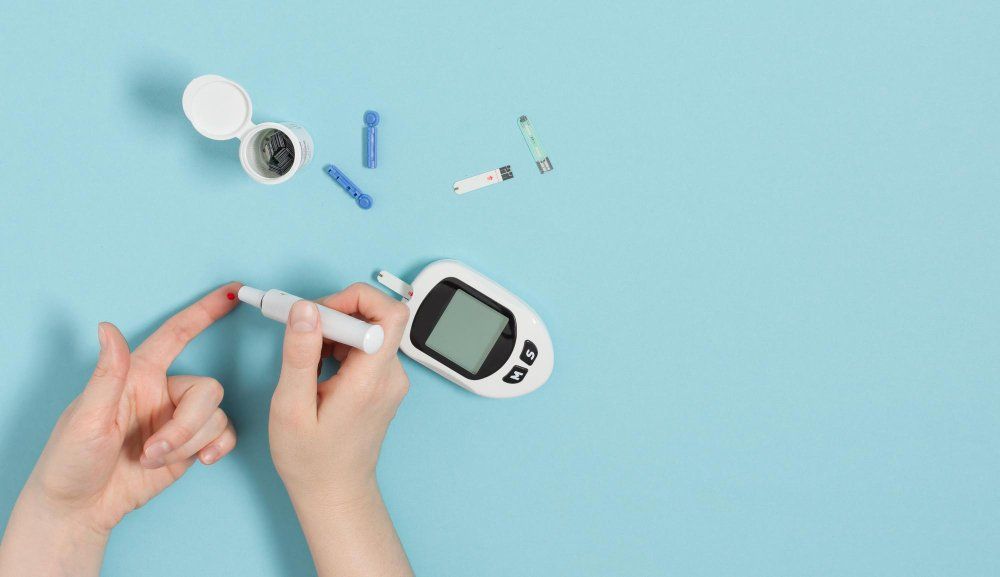
People with diabetes are at a higher risk of developing periodontal disease, or gum disease than those without diabetes. According to the National Institute of Diabetes and Digestive and Kidney Diseases (NIDDK), more than 90% of people with type 1 diabetes develop complications in their mouths. The good news is that diabetes need not be an obstacle to having a healthy smile.
Why are people with diabetes more vulnerable to dental problems?
People with diabetes are more prone to gum disease because the high levels of glucose in their blood cause bacteria to grow more quickly in the mouth, creating plaque that sticks to teeth and gums. Diabetes also affects the body's ability to heal itself, which can make it more difficult for people with diabetes to recover from oral surgery or other dental procedures.
Dental Care Tips for People with Diabetes
Proper dental care is essential for people with diabetes. This is because oral disease affects the rate of developing other conditions like heart, kidney and nerve damage. The good news is that there are many things you can do to improve your dental health and prevent dental complications:
- It's important for diabetics to maintain a healthy diet, which includes limiting foods high in sugar content while consuming plenty of fruits and vegetables throughout the day.
2. If you have diabetes, it's important that you visit a dentist at least twice a year, so that any problems can be spotted early on.
3. Your dentist will help you keep track of your blood glucose levels and how well your medication is working. They will also check for any signs of gum disease or tooth decay.
If there are any problems with your teeth or gums then they may recommend some treatment options such as scaling or root planing which involves removing plaque from around the tooth surface using ultrasonic scalers or hand instruments such as curettes/files/drill bits etc.. This allows bacteria that causes gum disease to grow more freely; so removing them helps prevent further infection from occurring in the future!
4. Avoid cigarrettes.
The best protection you can have against periodontal disease is regular brushing and flossing with the right tools. If you have diabetes, your dentist or dentist hygienist will instruct you on proper techniques and re-evaluate them every visit.


